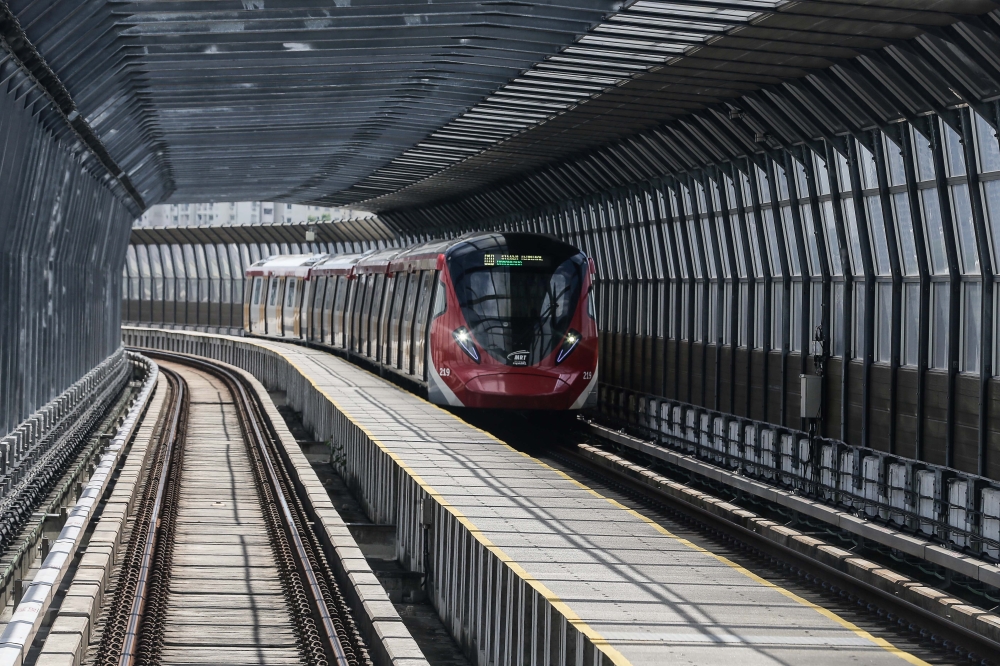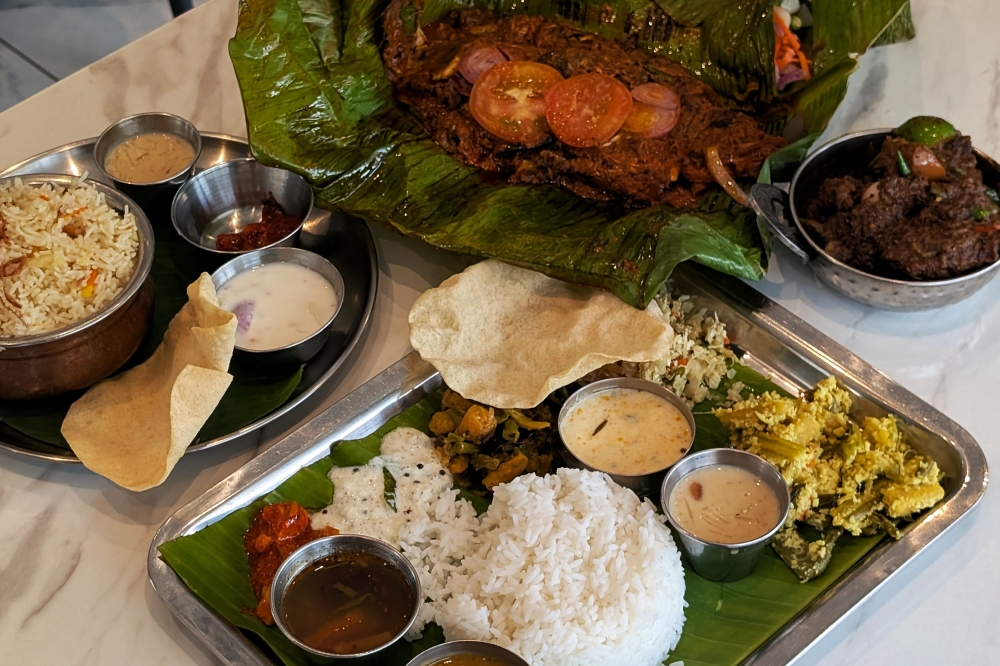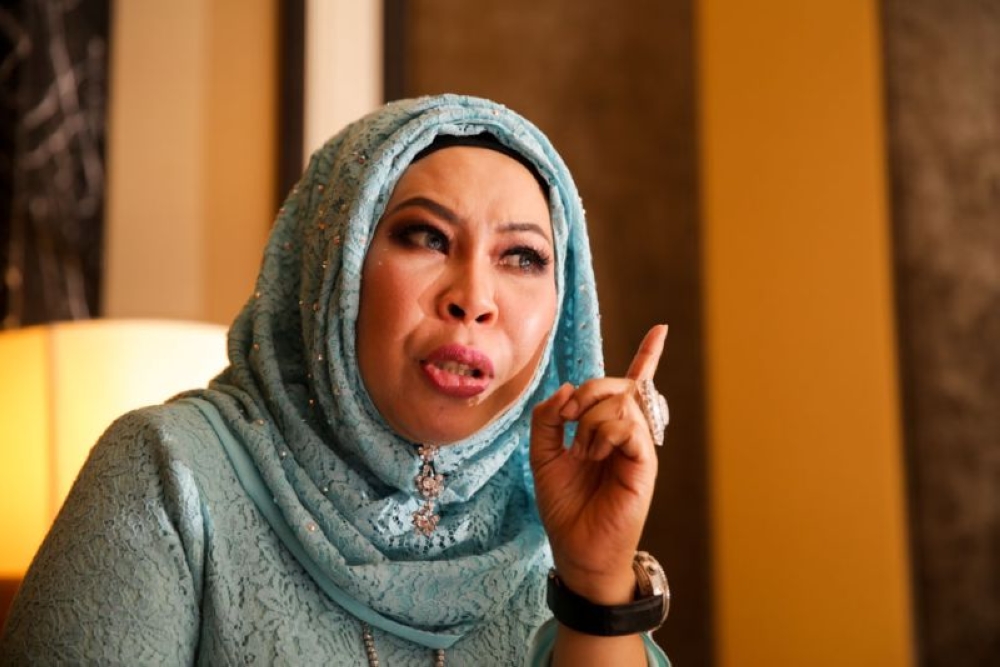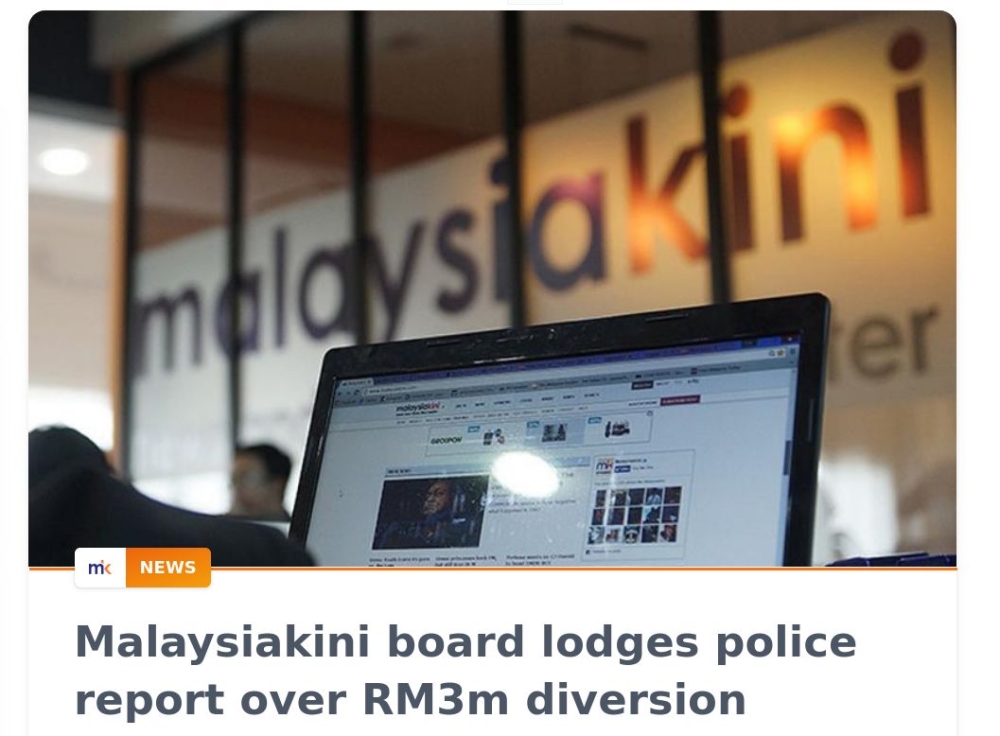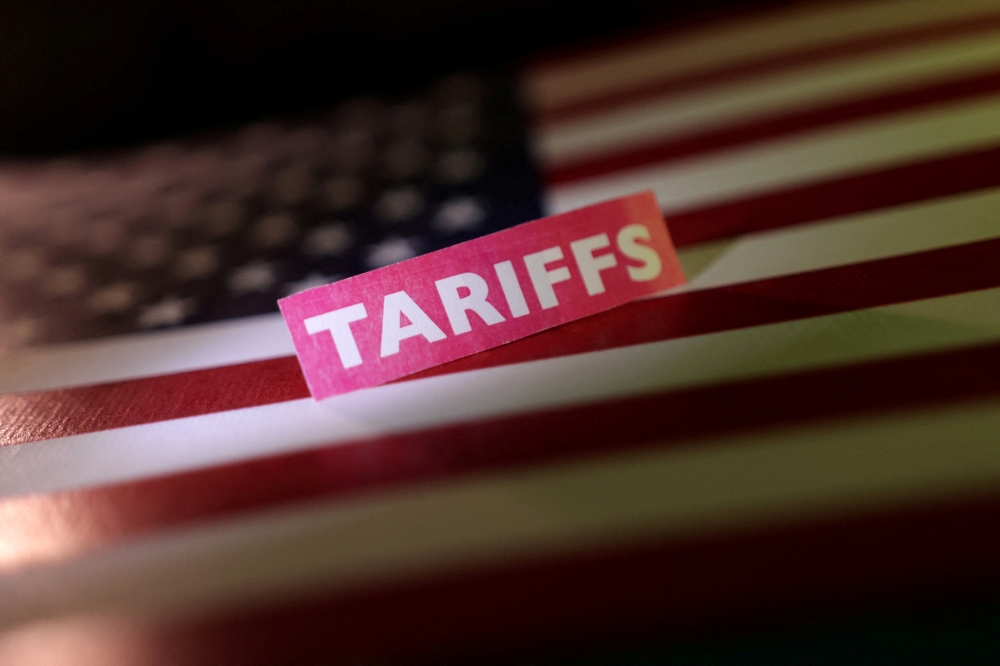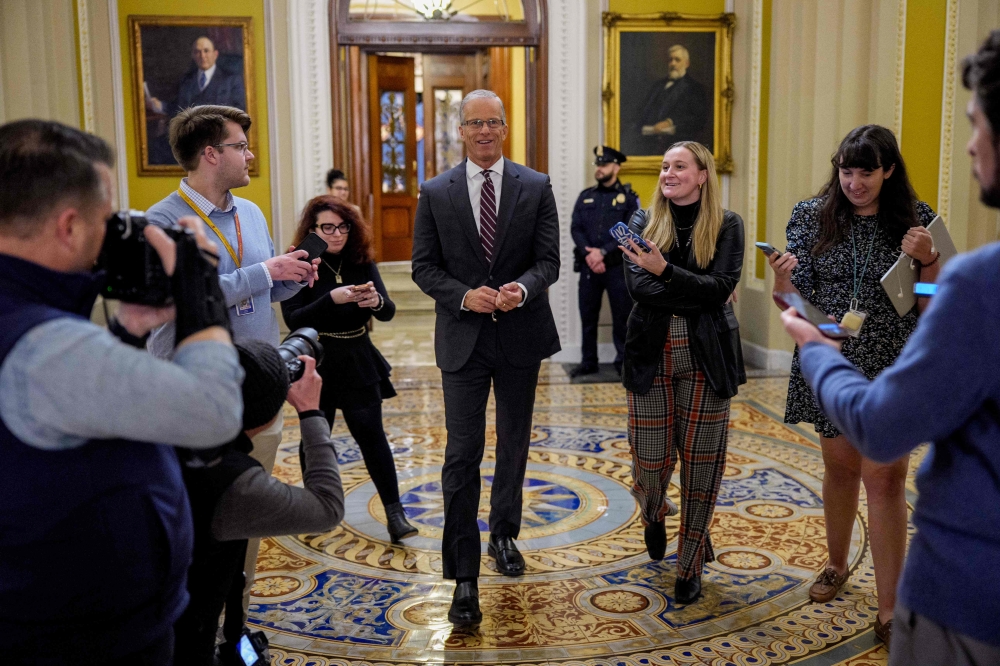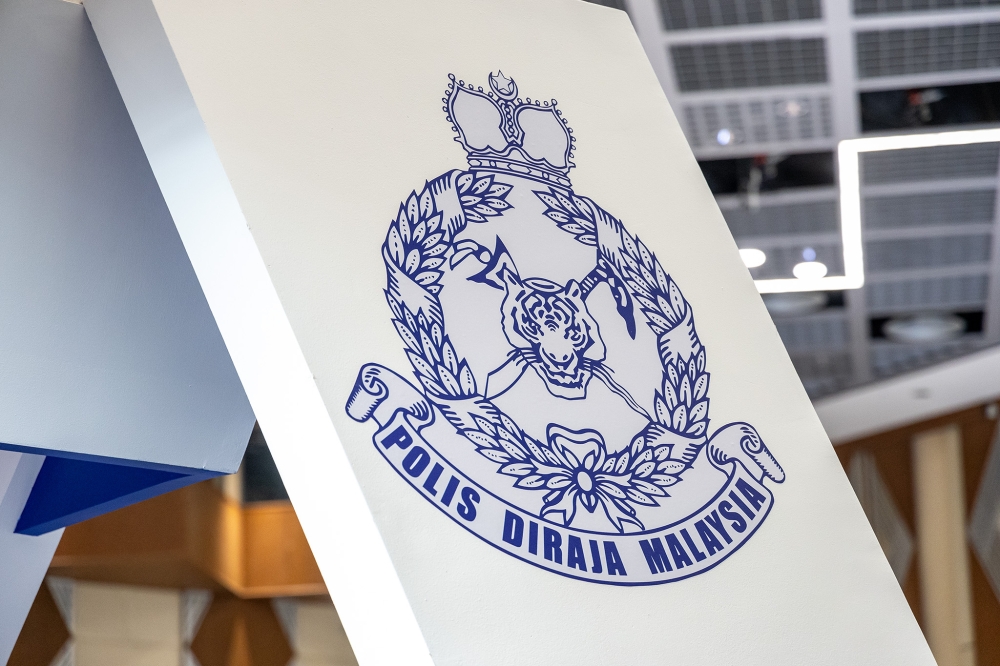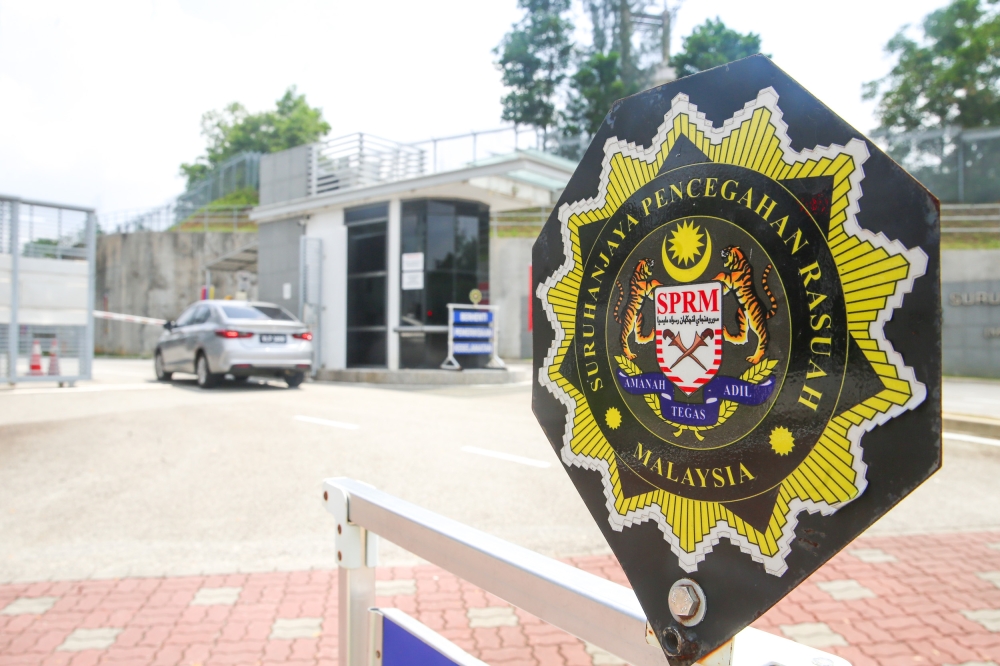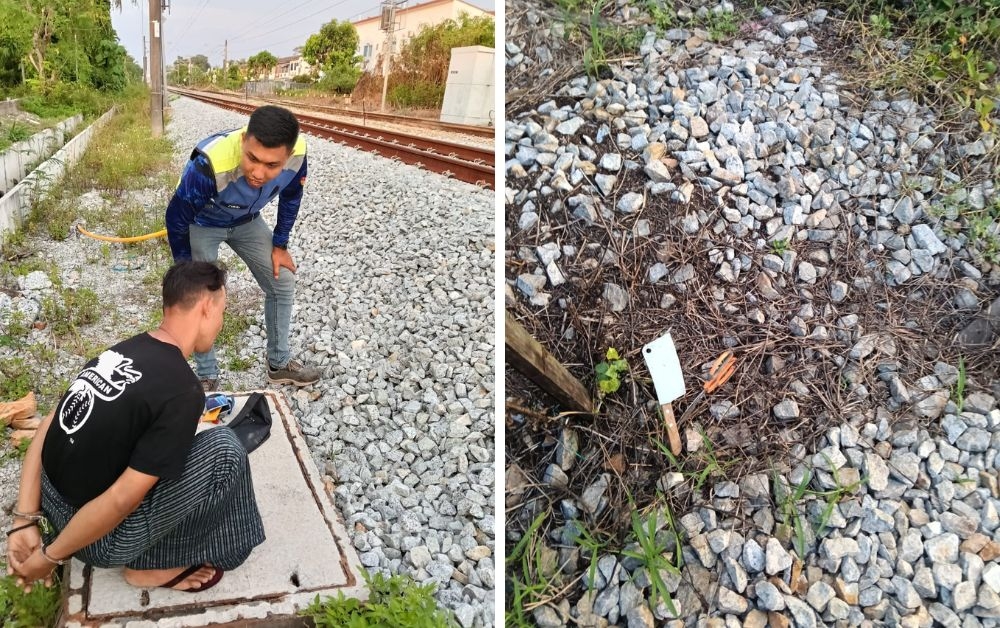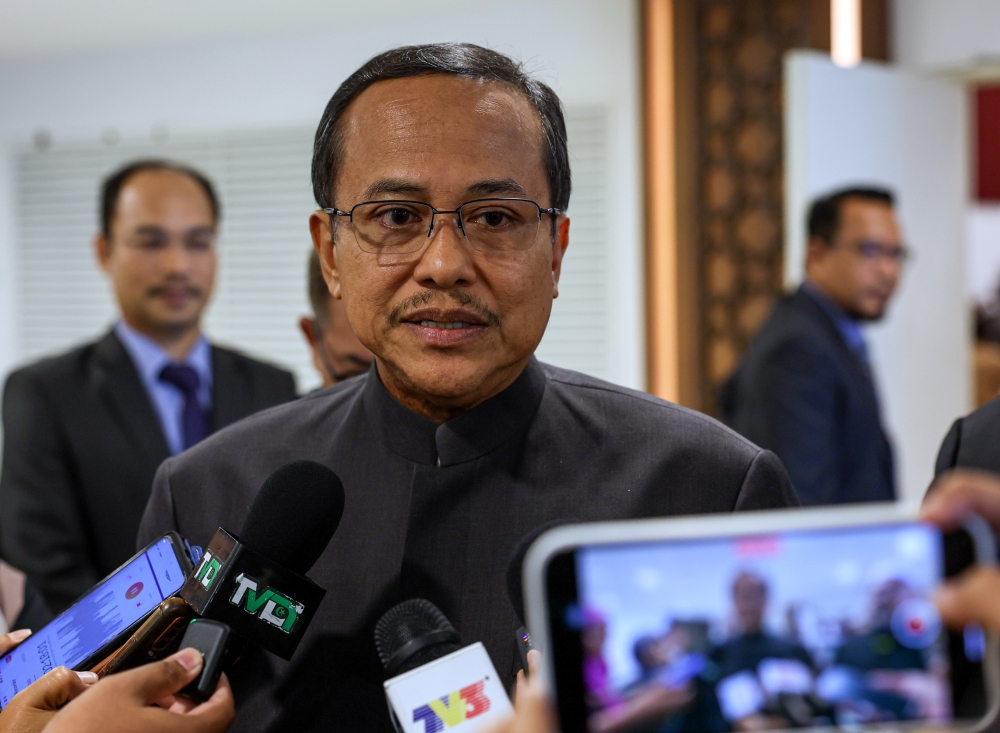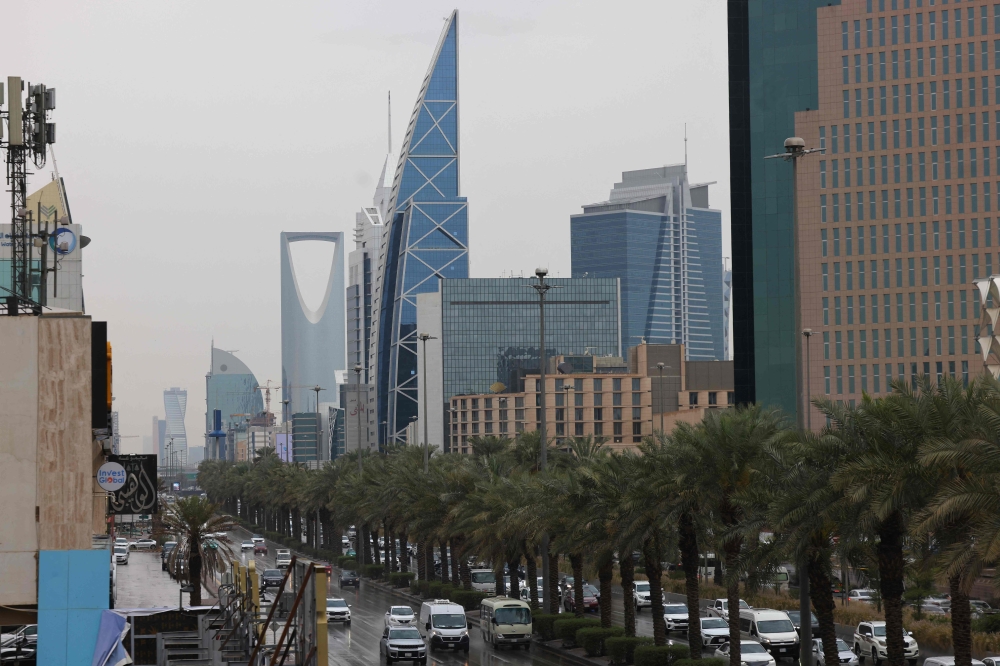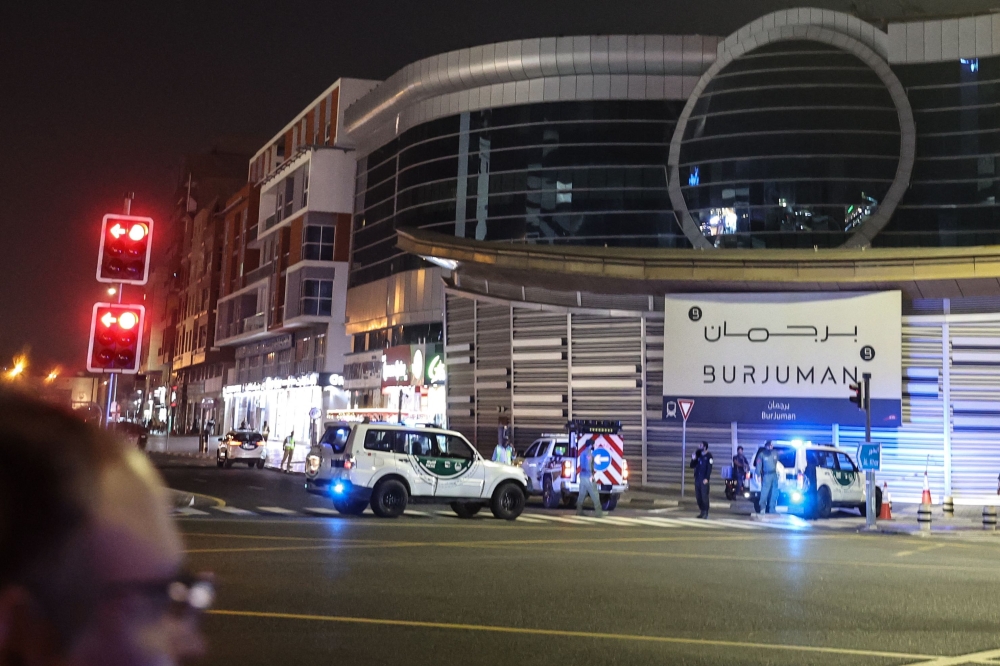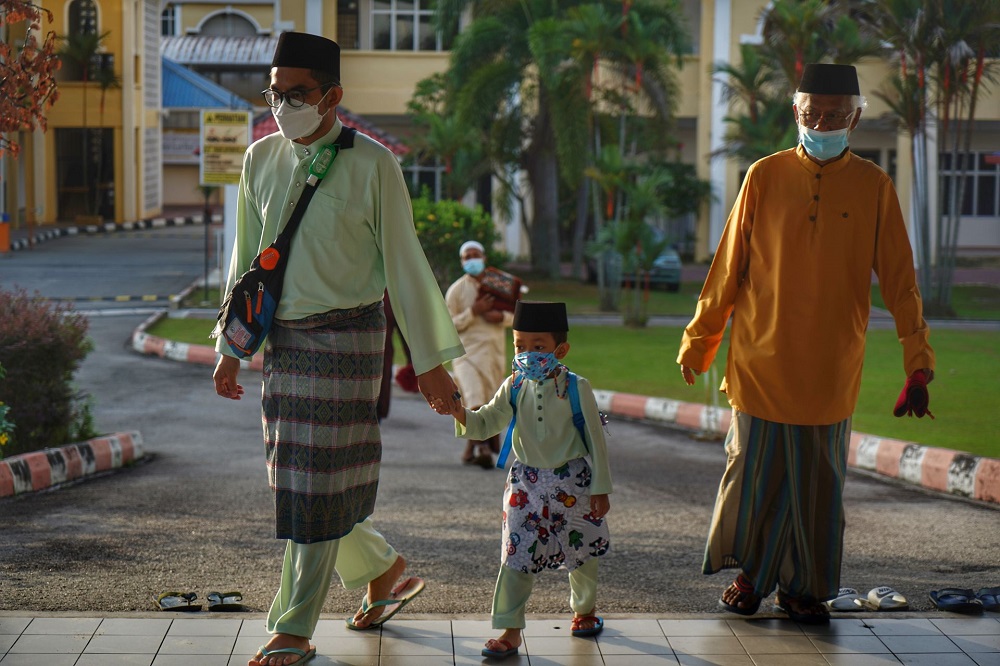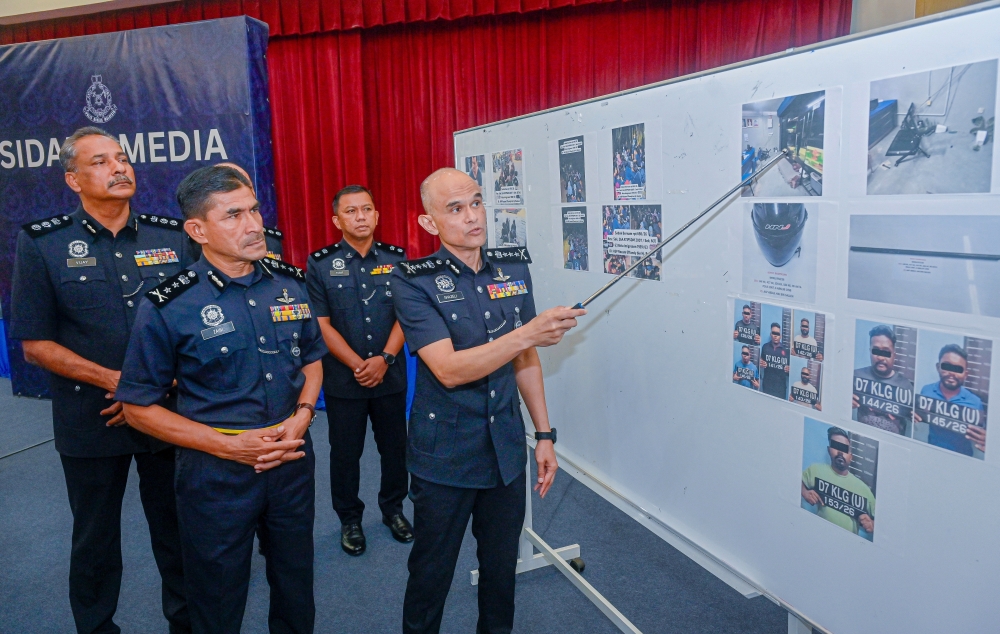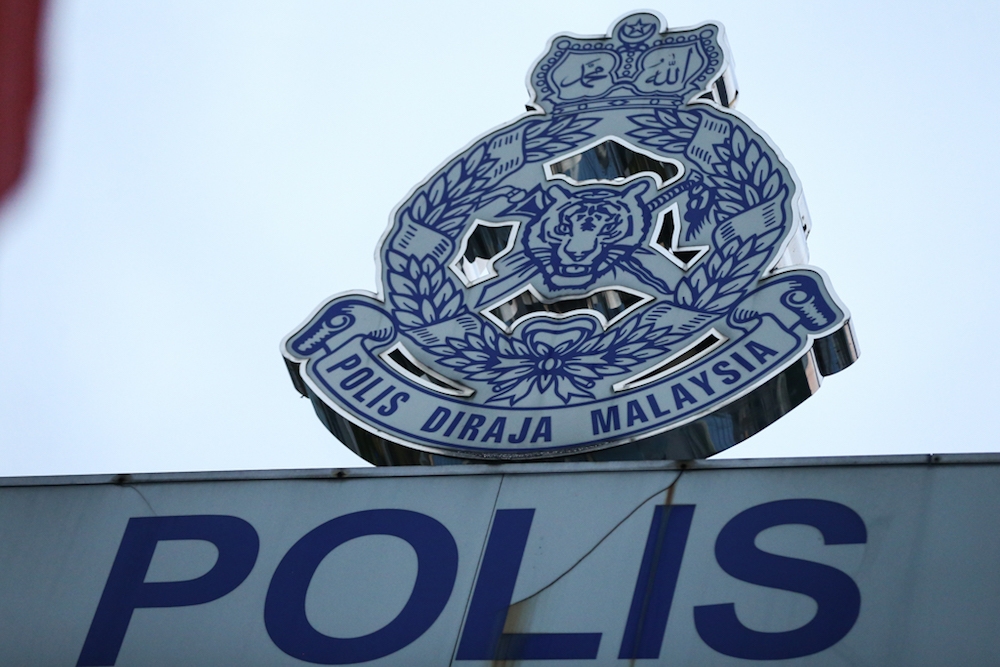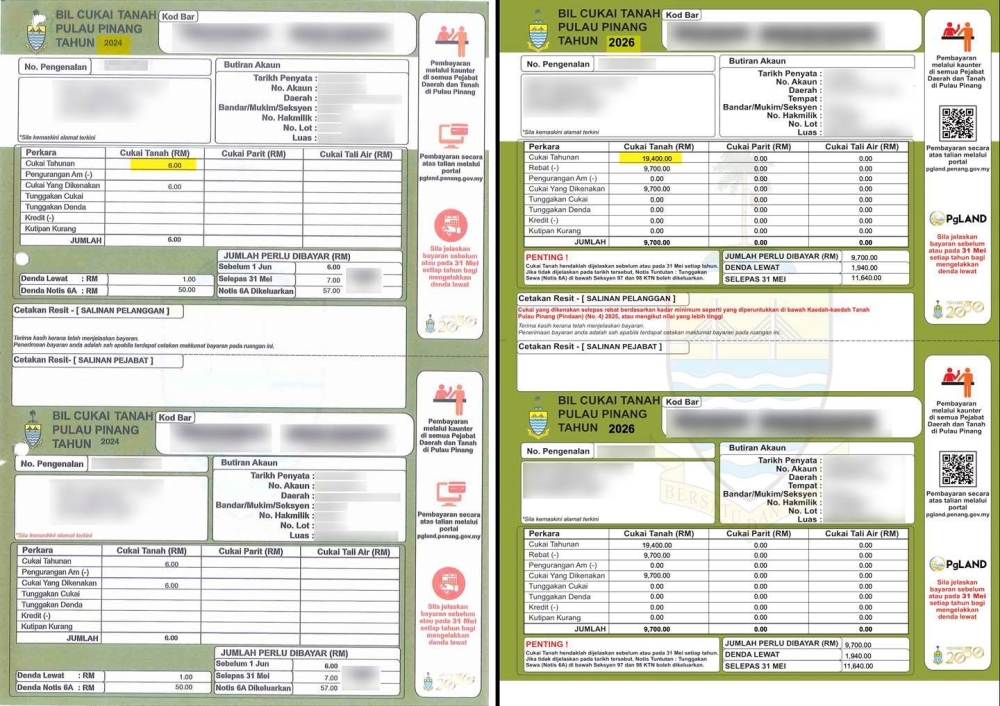KUALA LUMPUR, May 2 — After over two years of the Covid-19 pandemic, Malaysia celebrates its first Hari Raya Aidilftiri with some semblance of normalcy as preventive measures are dialed back.
While most are looking forward to the country’s first major festival on the road to endemicity, Malay Mail spoke to some who were apprehensive about celebrating Aidilfitri without the restrictions of the last two years, even as the country was gradually returning to life before the pandemic.
This was especially so for those with comorbidities, for whom infection carried the added risk of developing severe and potentially fatal symptoms.
One of these was Nadirah H. Rodzi, a journalist and mother-of-two recently diagnosed with an autoimmune disorder.
This was in addition to an unresolved cancer scare, said Nadirah who described herself as someone who followed the Covid-19 standard operating procedures “religiously”.
“Yes, I am limiting the number of visitors to my place and also I am very selective of who I want to visit,” she told Malay Mail.
“For this Hari Raya, I know people can go all out, you can go out and dine in full capacity and what not and you can probably hold an open house but I am very selective when it comes to that. Only immediate family members are allowed to my place.
According to Nadirah, her doctor has yet to give her a clean bill of health and she was still considered at a pre-cancer stage, but she was most worried about full-scale Aidilifitiri celebrations due to her family members.
One of her daughters only recently recovered from pneumonia that has weakened her lungs while Nadirah’s mother was diabetic and her father has a history of heart ailment.
All combined, Nadirah said it was understandable why she will choose to remain “a hermit” even as most of the country comes together for Hari Raya this year.
“I just don’t feel comfortable, especially with the virus lurking around and I could be a carrier myself,” she added.
Shamshul Adnan @ Abu Kassim Bin Rasiman was another who will eschew full-scale Hari Raya celebrations this year as he was already disturbed by how relaxed Malaysians have become towards the Covid-19 preventive SOPs that still remained.
This was especially since his wife, Yuslira Mohd Yusoff, and their two children contracted Covid-19 even after strict adherence to the preventive measures.
“Actually we were very careful when we were out and about, but still got infected. I believe by looking at how people behave in the malls, bazaars, mosques and other places, I can say a lot of people are careless, are lackadaisical and just don’t care now.
“As for me and my family, we will be returning back to our kampung this year, but since lots of elderly people will be around, I will ensure we practise the SOPs as much as we can,” Shamsul said.
He intended for his family to remain masked notwithstanding the official guidance at the time and he will only limit house visits to his closest family members.
Malaysia began its transition to the endemic phase of Covid-19 on April 1 and gradually eased the preventive SOPs that were introduced over the past two years to try and curb the infection rate.
The Health Ministry has already eliminated mandatory quarantine for Covid-19 close contacts, regardless of vaccination status, along with self-testing even in the event of developing symptoms.
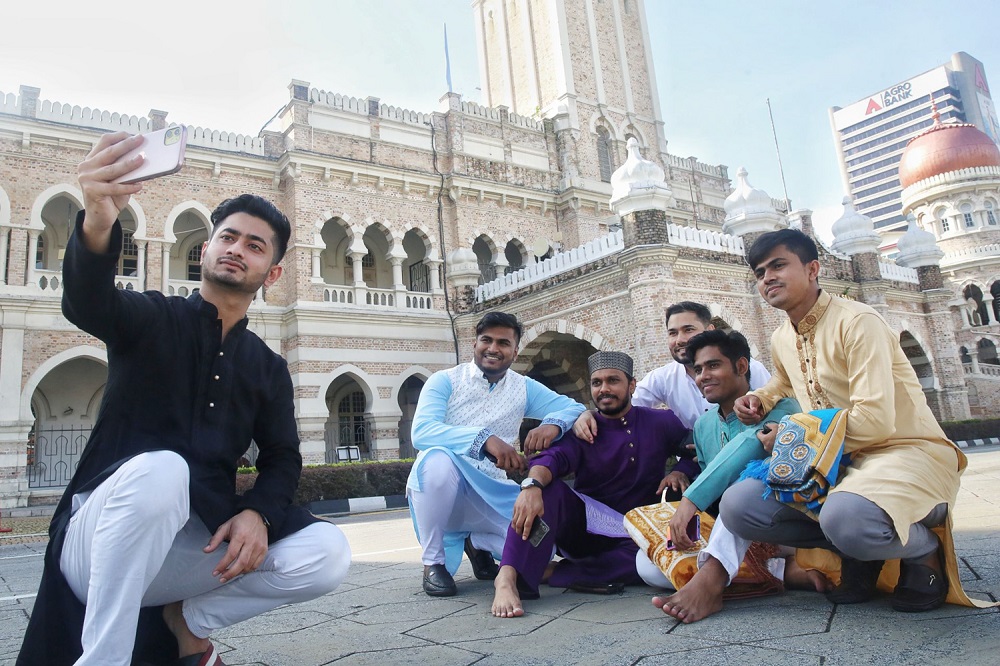
On April 23, Prime Minister Datuk Seri Ismail Sabri Yaakob indicated that more relaxations could be announced ahead of Aidilfitri, such as possibly doing away with mandatory masking and MySejahtera check-ins.
Covid-19 cases have also declined steadily in recent weeks. Malaysia’s record for daily cases remains 33,406 in March this year.
Malaysia’s vaccination rate was also among the highest in the world, with 97.6 per cent of all adults and 81.4 per cent of the entire population vaccinated against Covid-19.
With the country’s improving Covid-19 situation, some such as Balqish Abdul Majid were planning to take full advantage of the restored freedoms this year to celebrate the Hari Raya festivities with family and friends.
“If you’d like to know, the elderly folks in our family are very, very strict. Now they say, let’s go!
“This is because all of us have gotten our booster shots and most of us were already infected with Covid-19,” Balqish, who works in government relations at AirAsia, said.
“Big scale! For sure! All of our families, thank God no one is an anti-vaxxer and all are boosted, so we decided to celebrate Eid as normal as we could, God willing.”
Balqish said that the younger members of the family would still wear face masks and carry Covid-19 self-test kits with them as there would be many elderly at the gatherings.
“Worried? Of course, but I am sure by now they are aware and know how to take care of themselves,” she added.

